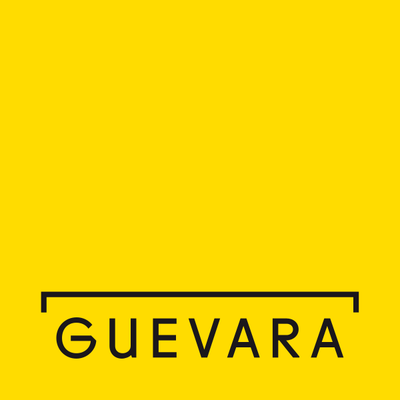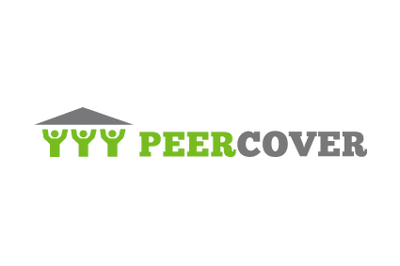From the above definition, it is clear that stokvels are already used for peer-to-peer funeral insurance. Peer-to-peer insurance, enabled by the internet, expands on the coverage available for small groups to include insurance classes like home contents (e.g. Friendsurance), auto (e.g. Hey Guevara), mobile phone (e.g. CommonEasy), bicycle (e.g. CycleSyndicate), income protection (e.g. Broodfonds) and coverage for all one’s insurance excesses (e.g. PeerCover) etc. In some cases peer-to-peer insurance is replacement for insurance, in other cases it compliments insurance.
So will digital stokvels aka peer-to-peer insurance succeed? Riovic is taking the charge in South Africa - the home of the stokvel, many others are independently launching in other countries.
For more information, see













